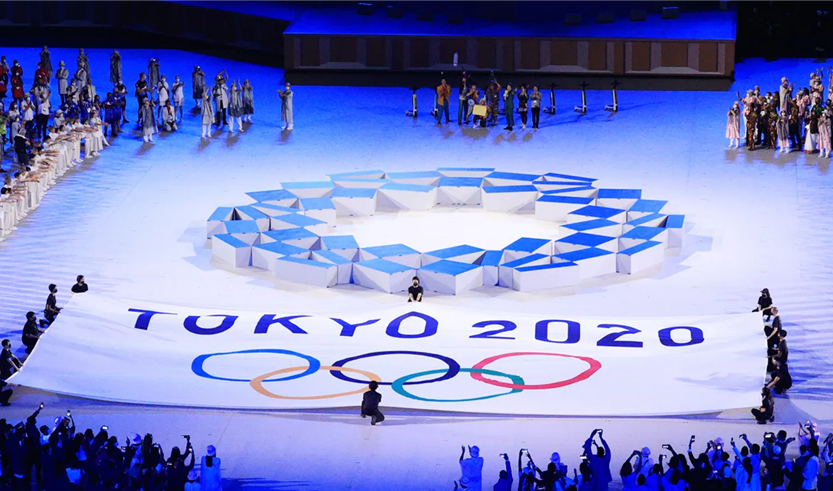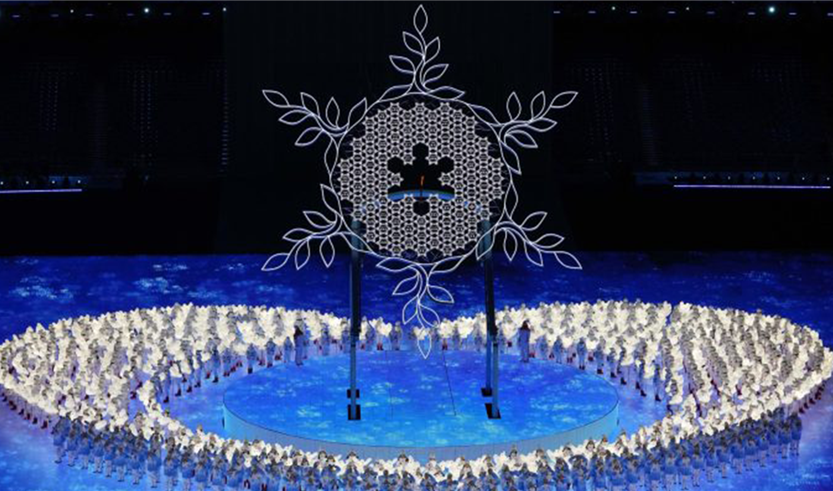Is All Publicity Good? Examining the Paris 2024 Olympics Opening Ceremony
In the world of marketing and public relations, the proverb "there's no such thing as bad publicity" has long been a guiding principle for many. The idea is that any attention, whether positive or negative, can ultimately lead to increased awareness and, by extension, success. However, when it comes to major international events like the Olympic Games, the question of whether all publicity is indeed good becomes more complex. The Paris Olympics Opening Ceremony 2024, with its innovative approach to cultural representation, provides a unique lens through which to examine this concept.
The Paris Olympics Opening Ceremony 2024: A New Vision
The opening ceremony of the Paris Olympics 2024, while aiming to showcase French culture and innovation, sparked controversy with its interpretation of the Last Supper. The ceremony, held on the Seine with the Eiffel Tower in view, was intended to be a modern and inclusive display of heritage. However, the segment that drew parallels to the Last Supper was met with criticism for its perceived provocation.
This unexpected turn in the event's narrative led to a wave of negative publicity, challenging the organizers' intentions and overshadowing the ceremony's innovative setting. The decision to incorporate such a sensitive theme into the global spectacle raised questions about cultural sensitivity and the fine line between artistic expression and offense.
Despite the organizers' aim to create an intimate and grand spectacle that would resonate with a global audience, the controversy surrounding the Last Supper reference has left a complex legacy. It serves as a reminder of the challenges in navigating cultural representation on an international stage and the unpredictable nature of how publicity can shape an event's reception.
Cultural Representation in Previous Olympic Ceremonies
Looking back at previous Olympic Games, we see a rich tapestry of cultural representation. From the grandeur of Beijing 2008, which showcased China's long history and rapid modernization, to the pageantry of London 2012, which celebrated British music, culture, and achievements in technology and science, each host country has used the opening ceremony as a platform to tell its story.
These ceremonies have been met with both acclaim and criticism. Some have been praised for their creativity and depth, while others have been criticized for being too extravagant or for not accurately representing the country's culture. The publicity generated by these events has been a mix of admiration and scrutiny, proving that not all publicity is universally positive.

The Fine Line Between Publicity and Perception
The Paris Olympics Opening Ceremony 2024 aims to walk the fine line between generating publicity and shaping perception. By choosing to highlight French culture in an innovative setting, the organizers are not only seeking to create a memorable event but also to ensure that the publicity generated is positive and reflective of the values they wish to project.
However, the challenge lies in the execution. A misstep in the representation of culture, or a failure to live up to the hype, could result in negative publicity that could overshadow the Games. The organizers must therefore tread carefully, ensuring that the ceremony is not only a spectacle but also a respectful and accurate representation of French culture and values.

Certainly! Here's an enhanced conclusion that reflects the discussion of the controversial element in the opening ceremony and its impact on the event's publicity:
In conclusion, the opening ceremony of the Paris Olympics 2024 was a bold attempt to redefine tradition and celebrate French culture in an innovative light. However, the inclusion of a segment reminiscent of the Last Supper sparked a debate that transcended the boundaries of the event itself. This incident serves as a poignant reminder that in the realm of international spectacle, the line between admiration and offense can be perilously thin.
The ceremony's ambition to create a lasting impression through its unique setting and cultural references was met with a mix of acclaim and criticism. As we reflect on the aftermath, it becomes clear that the true legacy of such events lies not only in their ability to captivate the world but also in the dialogue they provoke about cultural representation and respect.
Moving forward, the organizers of global mega-events must navigate the delicate balance between innovation and sensitivity, ensuring that the stories they wish to tell are received with the intended spirit of celebration and unity. The Paris Olympics 2024 opening ceremony, with all its triumphs and controversies, will undoubtedly remain a case study in the complex dance between culture, creativity, and public perception.